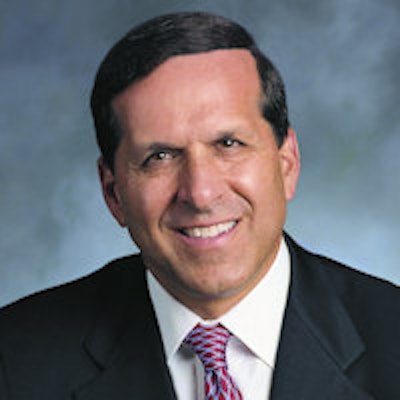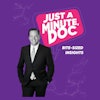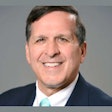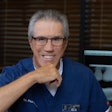
DrBicuspid.com is proud to present an excerpt from Dr. Roger P. Levin's latest book, What Dentists Can Learn From Top CEOs, which was published in April. It draws together many of his observations about how techniques used by top corporate leaders can be applied successfully in dental practices.
Following is an excerpt from the chapter entitled "CEOs Delegate Everything They Can."
 Roger P. Levin, DDS, chairman and CEO of practice management consulting firm Levin Group.
Roger P. Levin, DDS, chairman and CEO of practice management consulting firm Levin Group.Delegation is one of the rudimentary skills a good CEO must have.
Though the top executive of a company bears responsibility for the organization's total performance, that person cannot -- and certainly should not -- do everything. In larger businesses, it is physically impossible. In smaller ones, it may be possible but it is nevertheless a very bad idea.
Business leaders who fail to delegate are labeled as micromanagers, control freaks, and tyrants. Whatever abilities they have are diluted in a flood of detail work. Staff members never get to function as a team or take personal satisfaction in their careers. And company performance and growth will always be mediocre at best.
For various reasons, quite a few dentists fail to delegate. Some think that theirs is such a small operation there is no need. Others are perfectionists who sincerely believe the old adage that "If you want something done well, you have to do it yourself." And, since the Great Recession, many dentists believe that they must hold down spending in every possible way -- which in their minds means doing tasks themselves rather than paying staff or outside consultants.
These notions are all wrong. Every dentist will be much more successful, not to mention happier, when delegation becomes a natural part of practice leadership. To understand this, consider the progression dentists go through to reach peak success.
The four levels of highly successful dentists
I have been teaching this concept to doctors for many years now, and it should provide some insight on the subject of delegation.
At this moment, every dentist is at one of four career stages. In simple terms, they are listed below:
Level I -- This is the start-up stage, when the young dentist has just opened or joined a practice. Everything is new, exciting and maybe a little intimidating. Income is getting off to a slow start, debt is high, and the emphasis is on practicing dental skills.
 What Dentists Can Learn From Top CEOs by Dr. Roger Levin.
What Dentists Can Learn From Top CEOs by Dr. Roger Levin.Level II -- The dentist moves into this stage when basic skills have been mastered. Competency and professional satisfaction are high, income is rising as the practice grows steadily ... and administrative "issues" are showing up more and more.
Level III -- Dentists in this maximum-work phase have hit their stride. They seem to be doing well but, unfortunately, when most dentists arrive at Level III, they stay there. The systems that got them there are no longer working well. In fact, the systems are holding the practice back because they are obsolete and inefficient. Practice growth slows down, levels off, and eventually declines. Level III dentists are working more and enjoying it less. Stress and fatigue are high. Any challenge they encounter while in this phase -- such as new competition in their area, insurance changes, or a recession -- will result in the practice performing worse than ever before.
Level IV -- In this phase, the successful dentist works through others as much as possible.
Nearly every successful CEO I have met is a Level IV leader, so there is clearly a lesson in this for practice owners. It's a matter of achieving more by doing less, personally. The key is delegation.
The Level IV dentist arrives at the office looking forward to a day focused almost entirely on dentistry. The practice team is in charge of everything else. The Level IV doctor refuses to do what the staff should be doing. With the right team members in place, properly trained and accountable for reaching performance targets, there will be no reason for the dentist to get directly involved.
Looked at another way, dentists who delegate well spend their time doing what they love rather than performing administrative matters, which they typically do poorly. The job satisfaction level goes up, and so does practice productivity. The chairside dentist generates production, profits, and overall practice success.
Even when dealing with those critical 2% decisions, CEOs know the value of delegation. They do not hesitate to call in experts to crunch numbers, handle the legwork, and, of course, make recommendations. In such a scenario, the dentist will make the final judgment, but most of the preliminaries and projections will be delegated. Reaching the point of decision consumes far less of the dentist's time ... and the decision will most likely be the best possible one.
Roger P. Levin, DDS, is the chairman and CEO of practice management consulting firm Levin Group.
Special for DrBicuspid.com members
Order What Dentists Can Learn from Top CEOs today and receive a $100 discount when you use code LG13100.
The comments and observations expressed herein do not necessarily reflect the opinions of DrBicuspid.com, nor should they be construed as an endorsement or admonishment of any particular idea, vendor, or organization.
Copyright © 2014 Levin Group, Inc. Reprinted with permission.



















